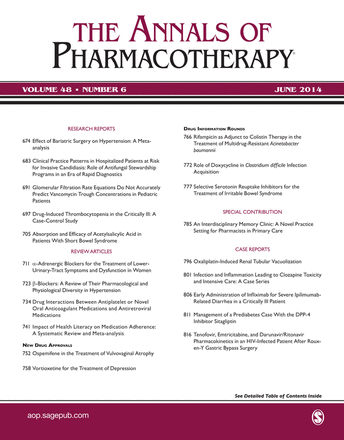 We recently came across a paper in Biochemical and Biophysical Research Communications, an Elsevier title, that had been temporarily removed without explanation. While we see a fair number of such opaque notices from Elsevier — and have written about why we think they’re a bad idea — we took interest in this one because the last author, Toren Finkel of the NIH, was the corresponding author of a Nature paper retracted earlier this year. (He also had two corrections on one Science paper, both of which are paywalled.)
We recently came across a paper in Biochemical and Biophysical Research Communications, an Elsevier title, that had been temporarily removed without explanation. While we see a fair number of such opaque notices from Elsevier — and have written about why we think they’re a bad idea — we took interest in this one because the last author, Toren Finkel of the NIH, was the corresponding author of a Nature paper retracted earlier this year. (He also had two corrections on one Science paper, both of which are paywalled.)
What we learned suggests the withdrawal was completely unrelated to the Nature retraction, but also reveals a journal editor’s exasperation.








